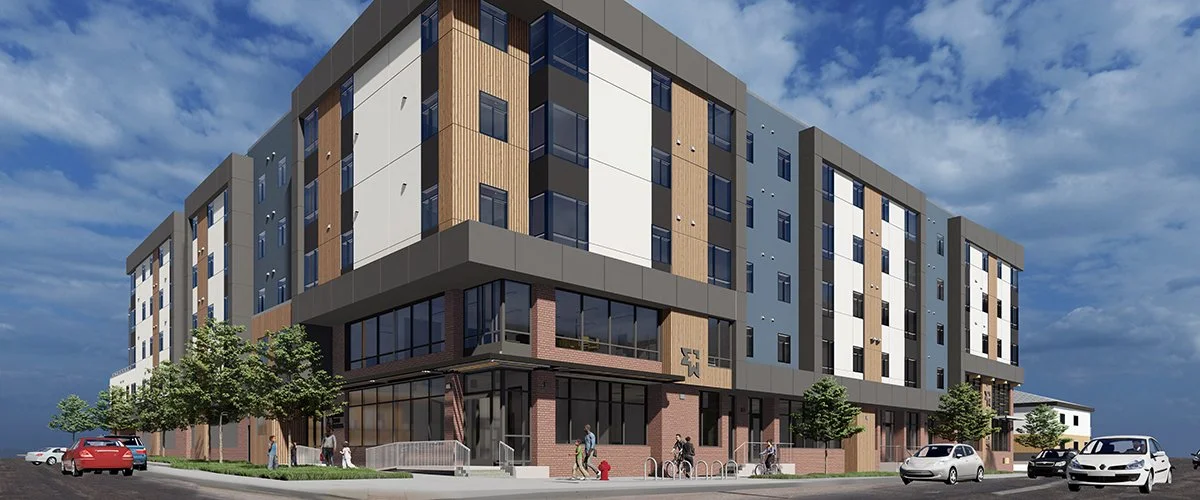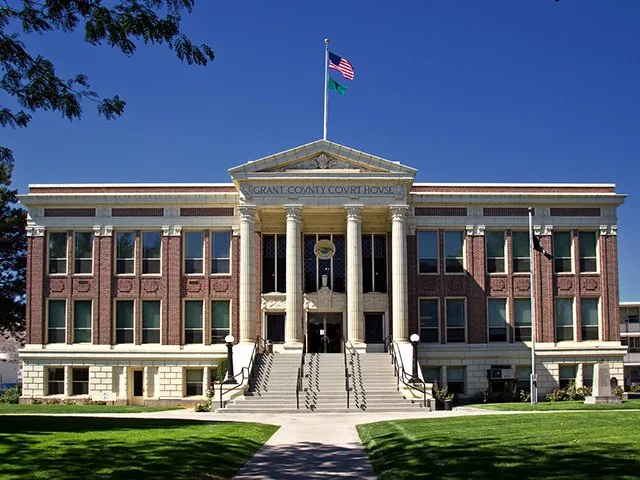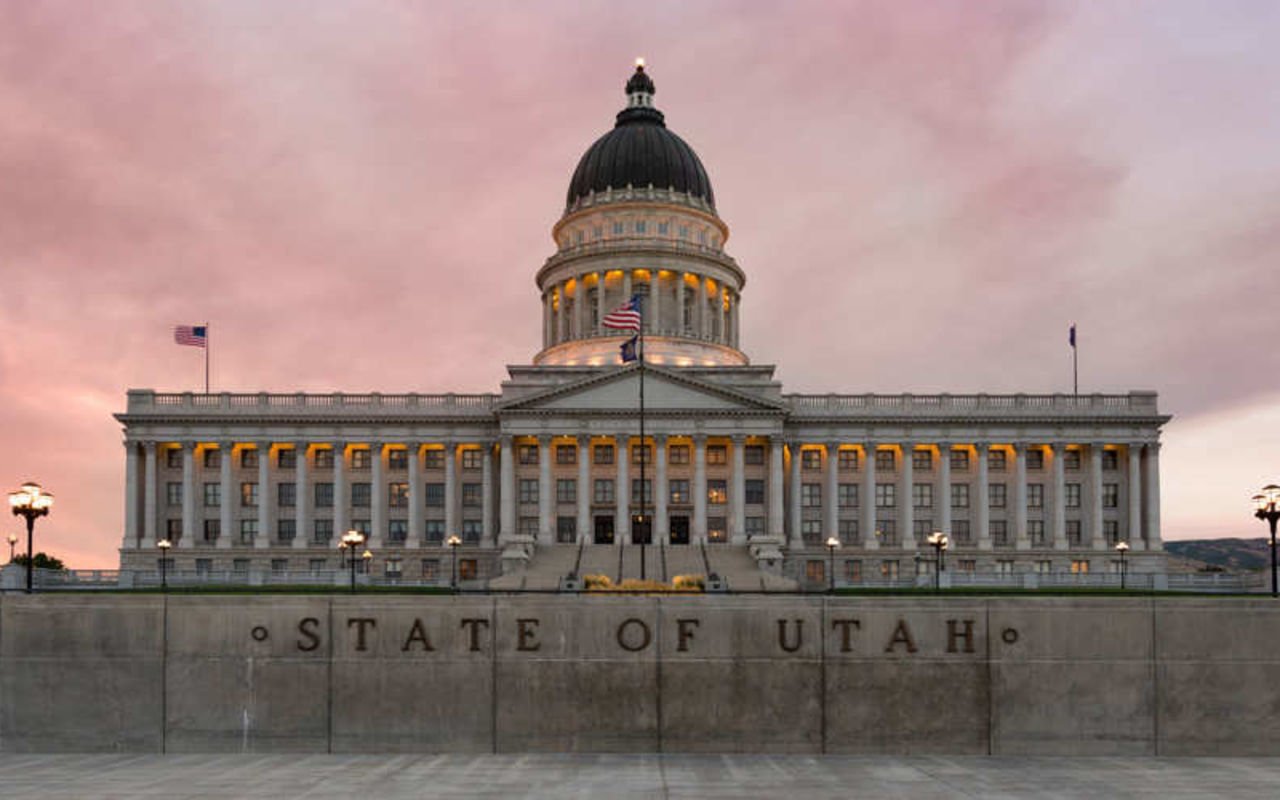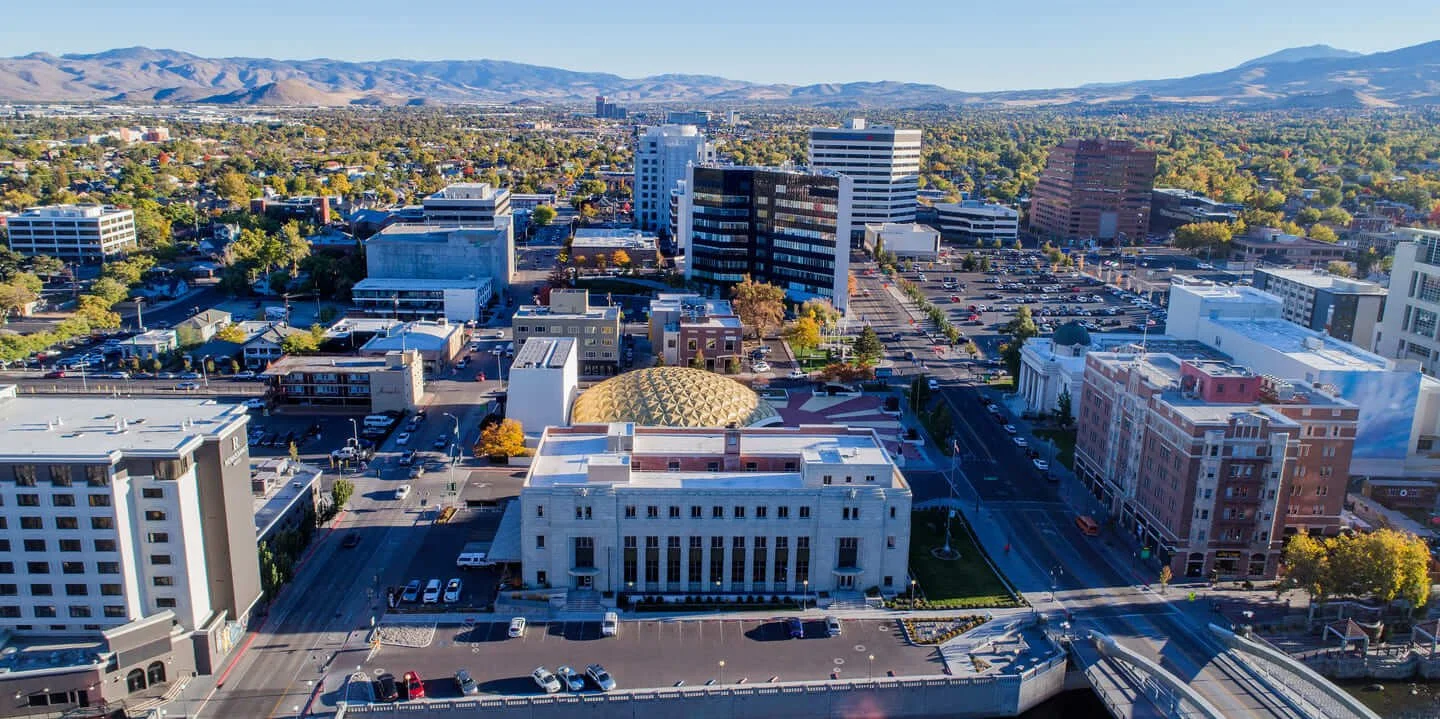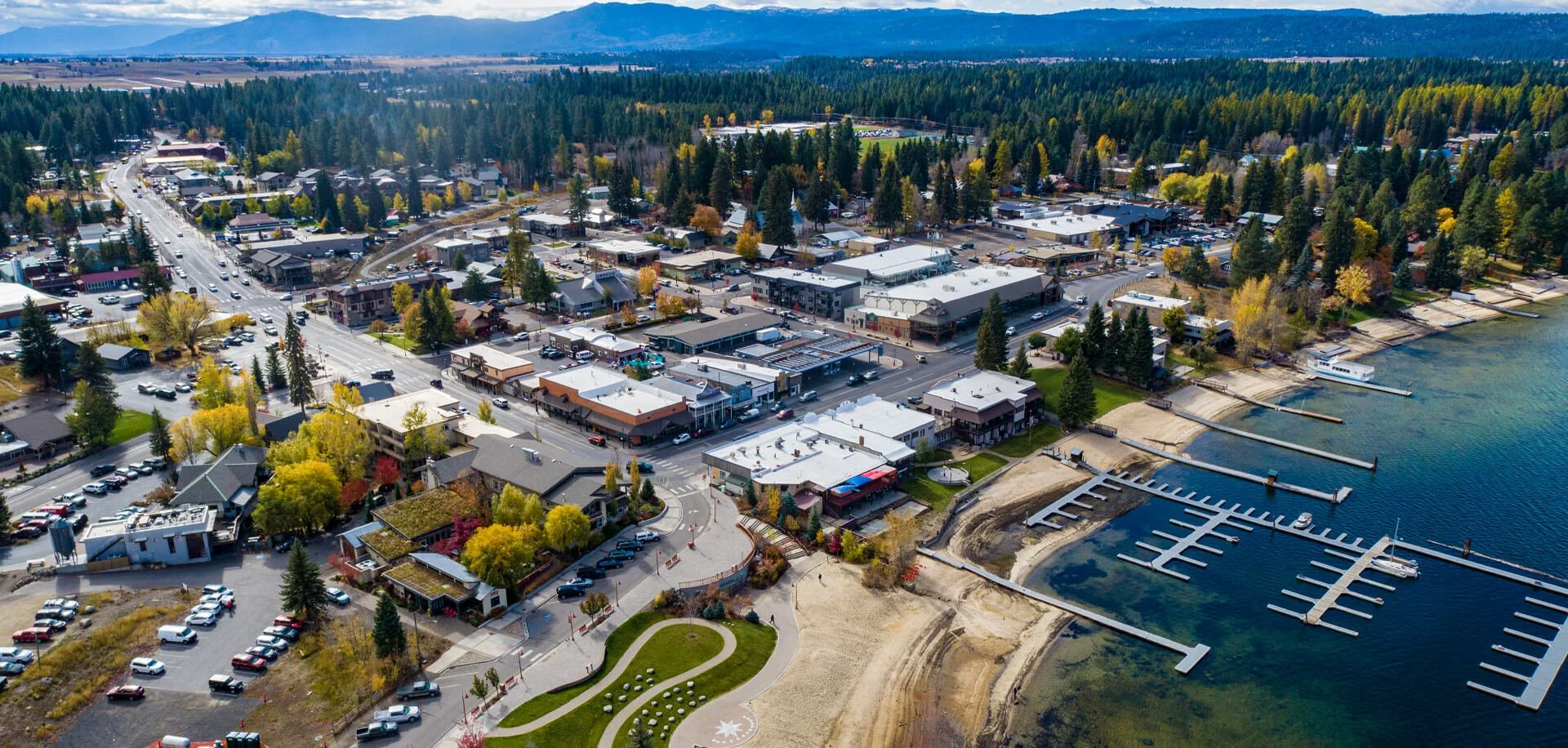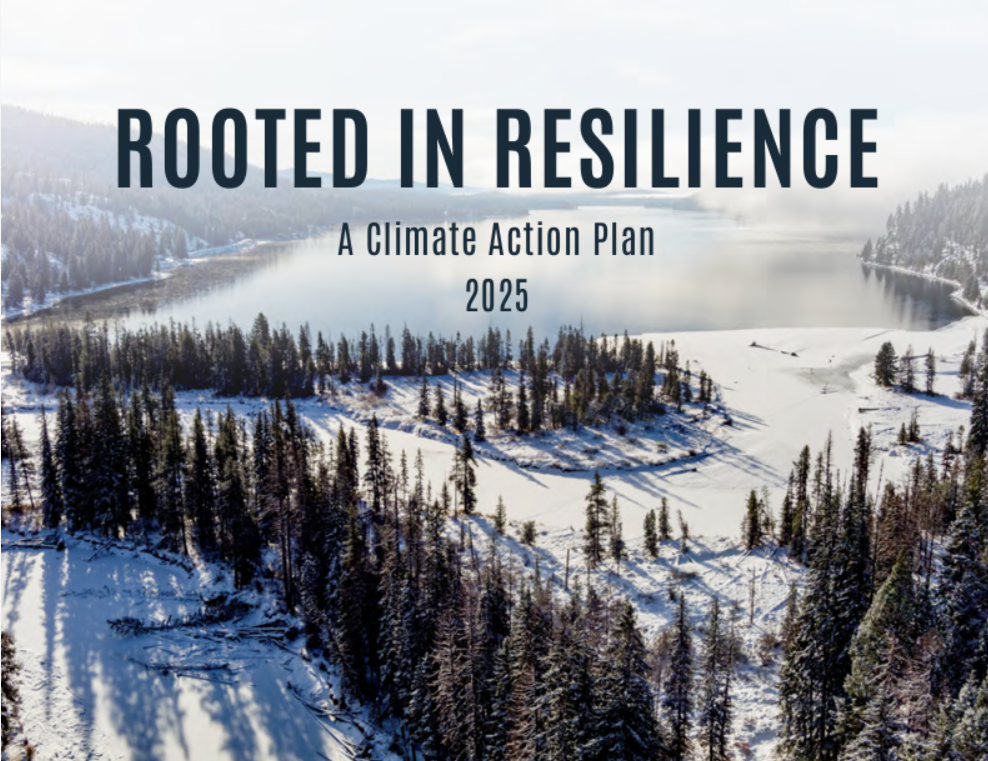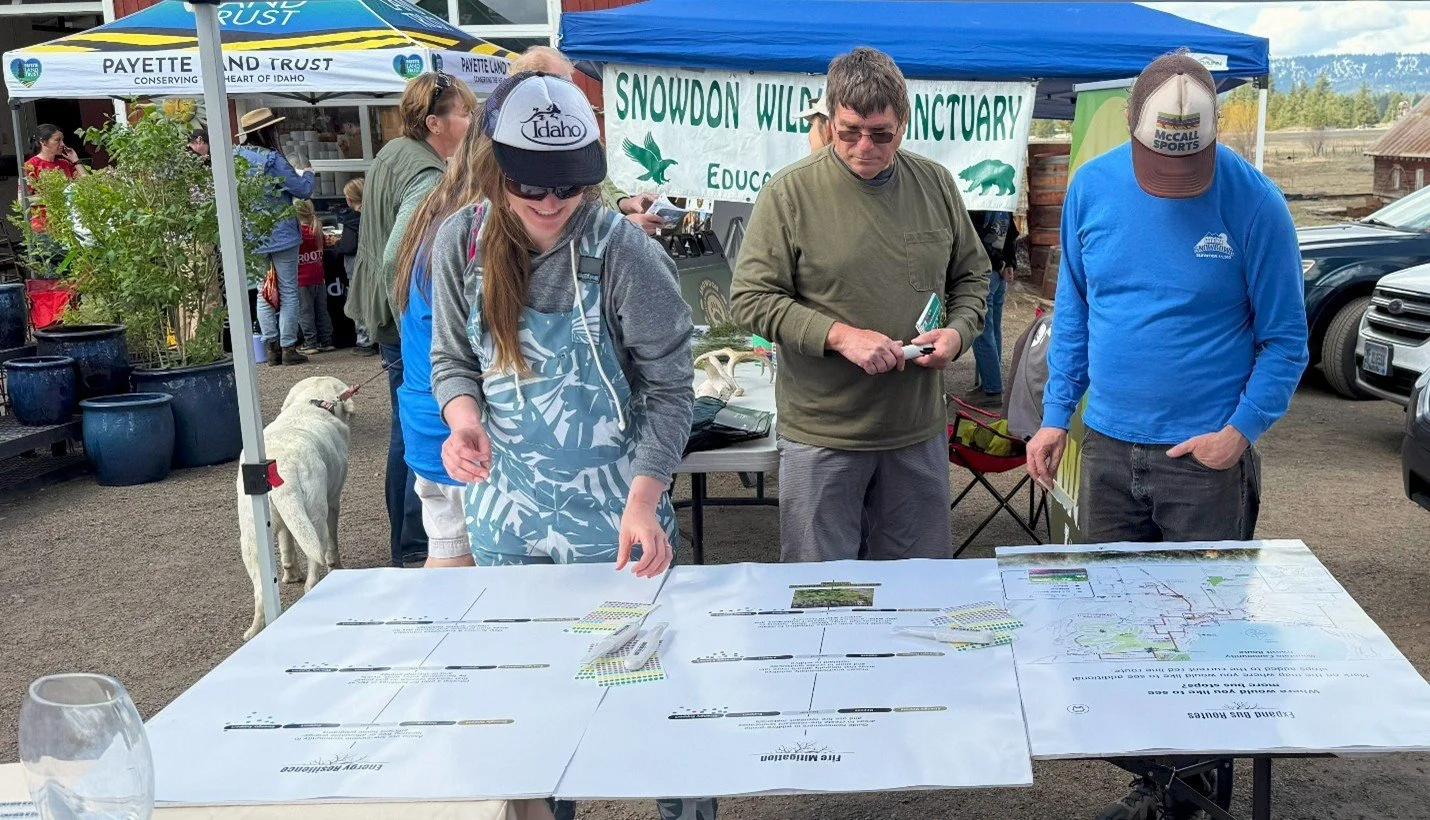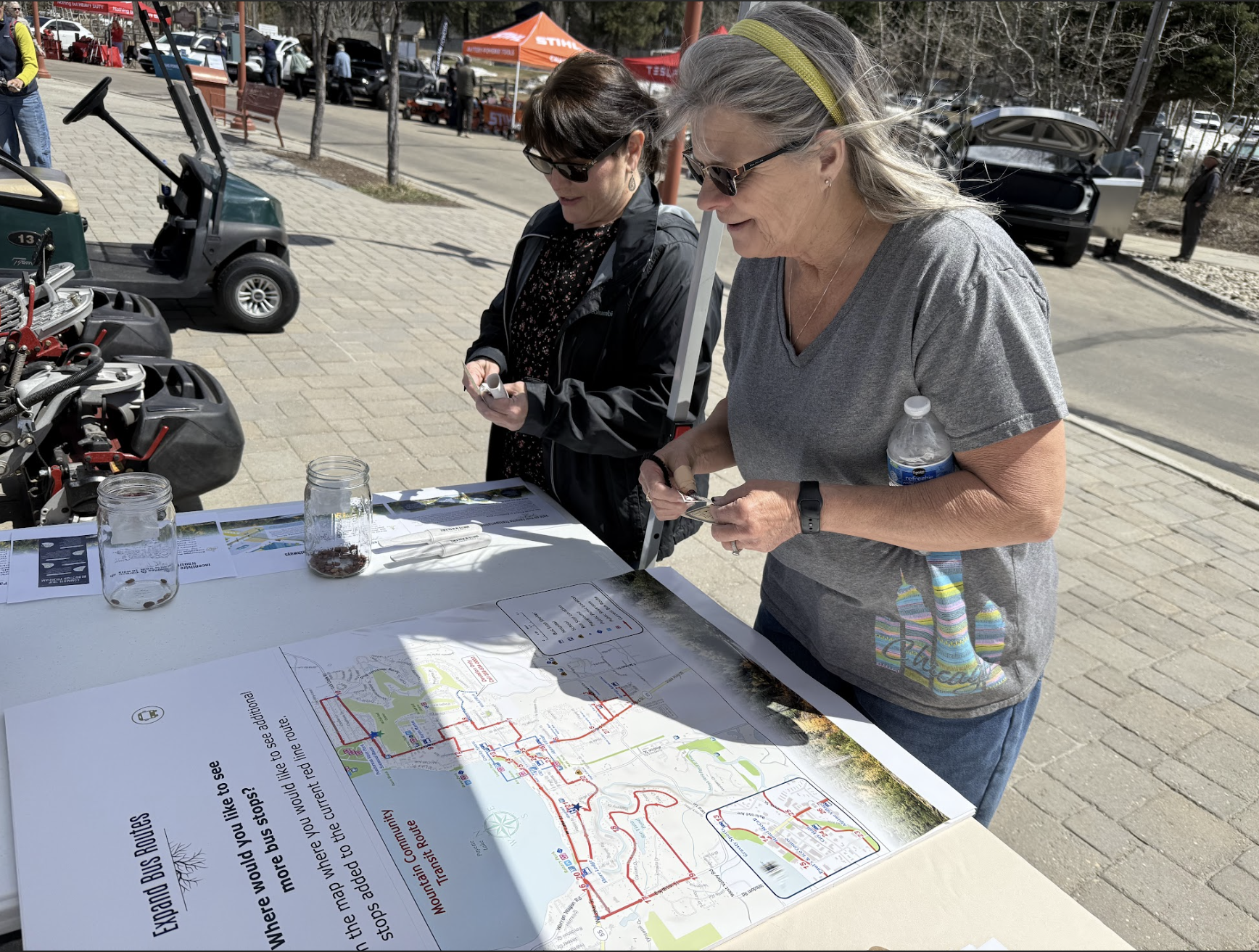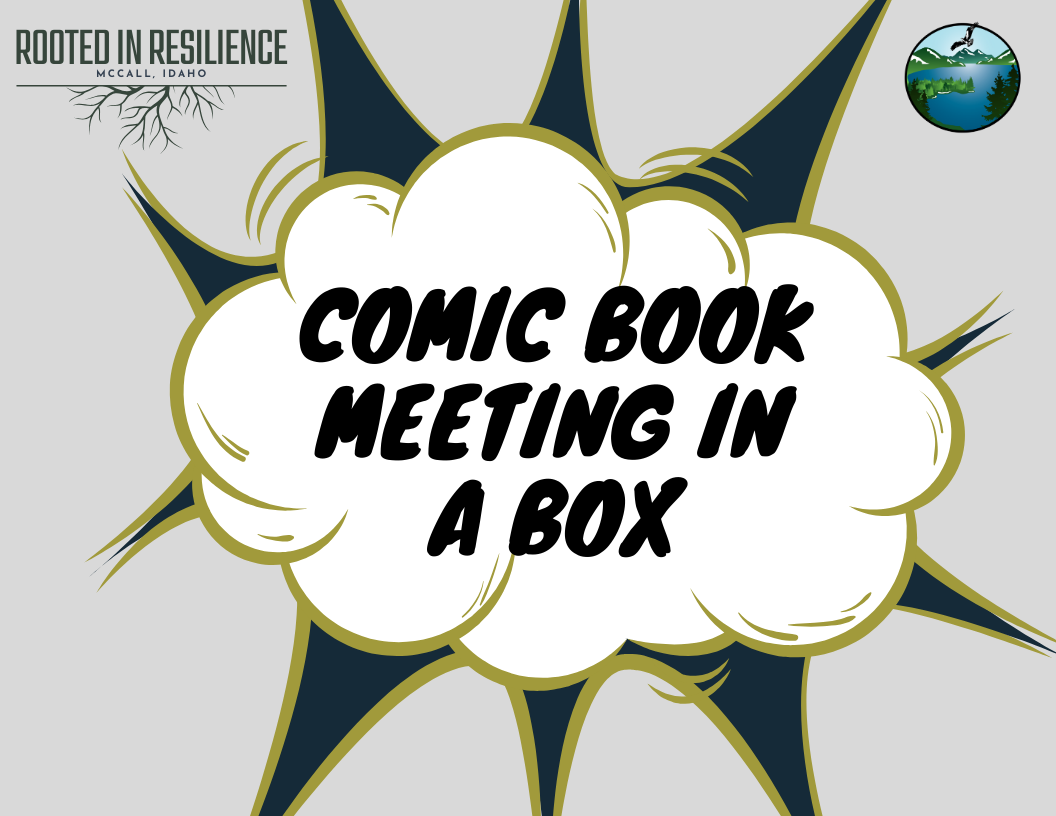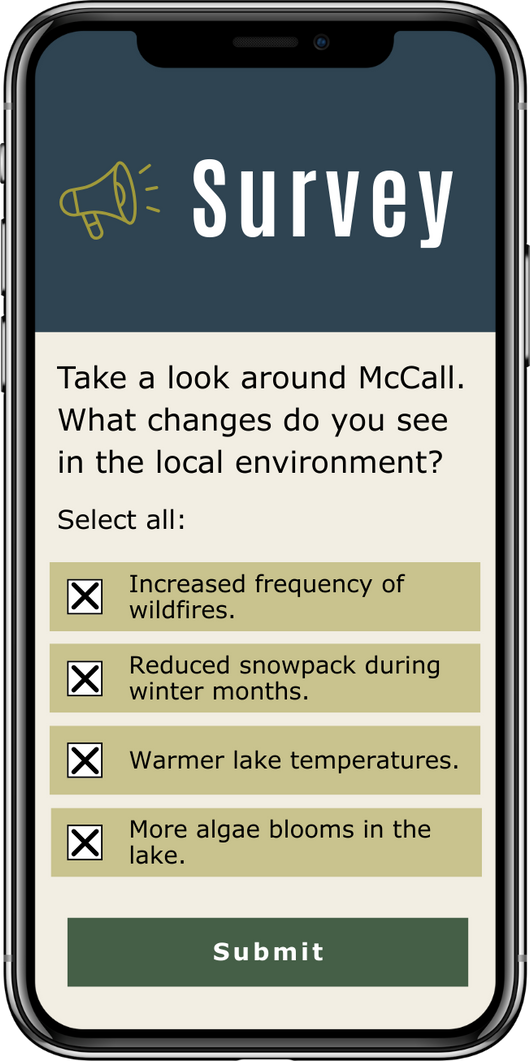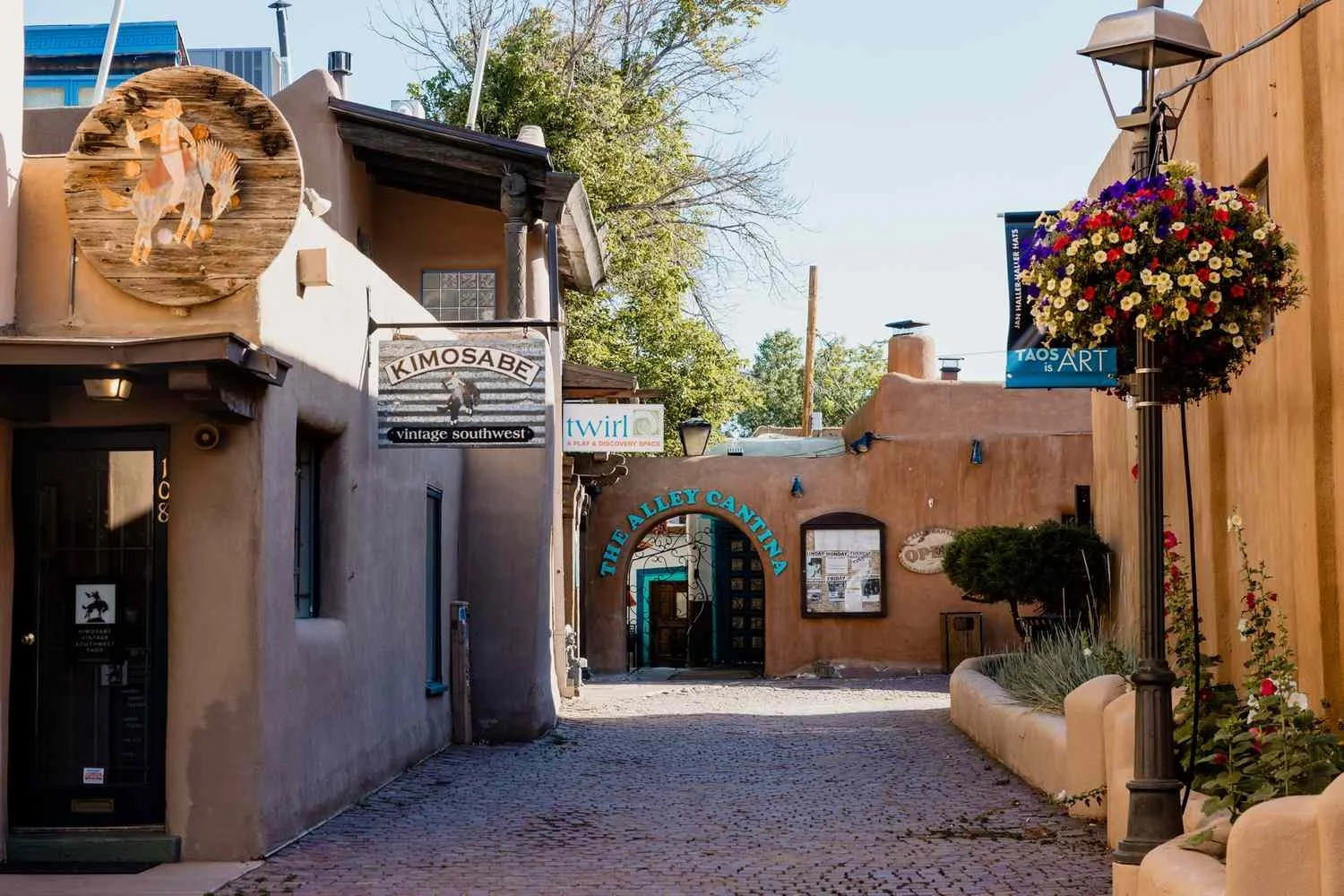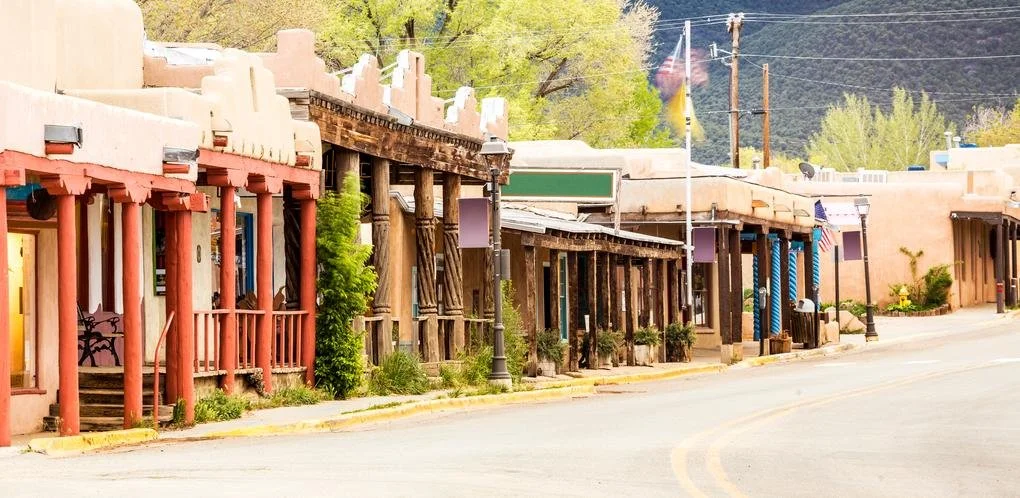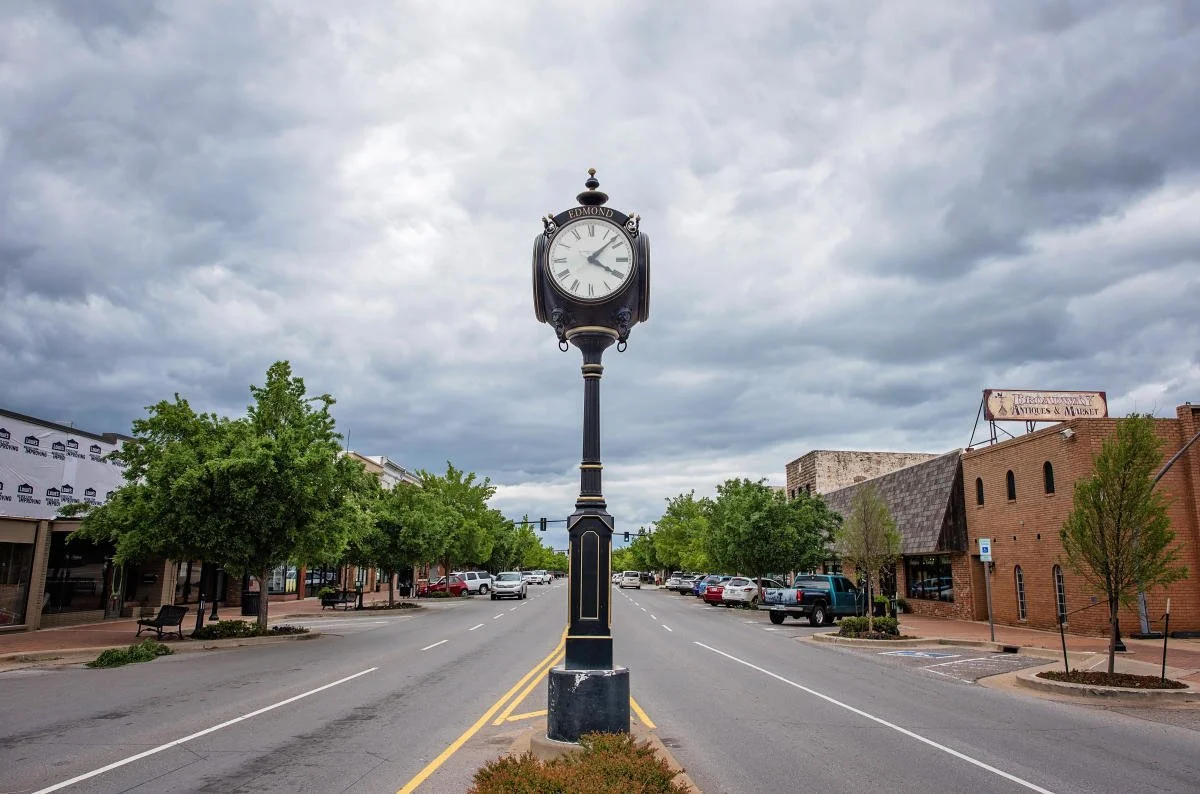Mercy Community Capital | Sustainability Grant Program Development
Lotus worked with Mercy Community Capital (MCC), a Community Development Financial Institution (CDFI) that provides funding for affordable housing projects to develop a sustainability grant program. This program would allow funding recipients to receive small grants to enable the implementation of sustainable practices into affordable housing construction or retrofit projects. Lotus engaged with MCC and other similar organizations to understand where and how sustainability grant funding would be most effective. By leveraging MCC’s existing Salesforce and loan application systems Lotus created a full suite of grant guidelines, application questions, and a reporting and verification framework. This work will enable affordable housing projects to incorporate sustainable practices providing environmental benefits as well as energy or water cost savings for residents.
Grant County, Washington | Comprehensive Plan Climate Element
Lotus worked with Measure Meant to complete the climate element of Grant County’s Comprehensive Plan, a requirement for all Washington jurisdictions through the Growth Management Act. Lotus assisted with the development of a climate vulnerability assessment, an iterative process that included future climate projections, “at-risk” populations, and an assessment of probability and magnitude of consequence regarding climate-related hazards specific to Grant County.
The assessment was supplemented by an engagement process targeting the Hispanic/Latinx population given their large composition of the County’s population. Engagement activities included Climate Advisory Team meetings composed of government and community stakeholders, critical partner interviews with local municipalities in Grant County and community-based organizations, focus groups structured around five climate sub-topics, meetings-in-a-box (MIABs) for the public, a public survey, and tabling at the County’s Umani Festival. Key to the success of engagement was connecting with CBOs to gain actionable insights and community connections in a largely rural, agricultural community.
Utah Department of Environmental Quality, Division of Air Quality | CCAP Engagement
Lotus worked with the Utah Division of Air Quality under a larger consultant team led by E3 to craft the Beehive Emission Reduction Comprehensive Plan. Under the Comprehensive Plan scope of work, Lotus organized and led the stakeholder engagement, including the planning and facilitation of seven sectoral working group meetings, three sectoral focus groups, over 20 informational interviews, three community focused working group meetings, three meetings in a box, and two public meetings. These meetings collectively helped identify and prioritize key emissions reduction strategies, include detail and nuance in the final emissions model, and elevate community values in the Comprehensive Plan. A thorough report was developed to summarize the engagement results and synthesize critical insights from stakeholders. Strategy details collected from stakeholders throughout the process were included in a series of strategy coordination templates to assist with implementation.
Throughout the project, Lotus built relationships with key stakeholders in and around the emissions reduction space, as well as equity and justice stakeholders in the Salt Lake City area. Engagements were conducted largely in workplace contexts, with a few exceptions for in-person meetings and community focused meetings. Lotus deployed tactics to facilitate inclusive engagement and respond to cultural norms and needs authentically, such as providing refreshments, pivoting agendas to respond to community needs, and a variety of activities. Feedback from stakeholders was reflected in the final engagement report and strategy coordination templates, particularly in the community values that anchor the prioritization framework of the plan.
Nevada BPS | Building Performance Standard
Lotus partnered with Southwest Energy Efficiency Project (SWEEP) to facilitate a cohort of communities across northern and southern Nevada, aiming to advance the two regions towards implementing benchmarking and Building Performance Standard (BPS) policies, following the lead of Reno, NV, a City with a BPS program in place.
The facilitation included six meetings in which Lotus and SWEEP provided education on the technical aspects of benchmarking and BPS as well as key strategies for engaging stakeholders in the policy development and adoption processes. The technical policy topics included developing covered buildings lists, performance metrics and targets, data collection and reporting, compliance pathways, and enforcement strategies. Stakeholder engagement topics covered strategies for engaging with internal stakeholders, frameworks and approaches for external engagement, community-focused engagement, and strategies to engage elected officials.
The Cohort had varying levels of ambition regarding benchmarking and BPS adoption, so the project prioritized creating space for peer to peer collaboration while empowering each community to take meaningful steps forward in a way that aligned with their unique community.
City of McCall | Resilience Action Plan
Rooted in Resilience
Lotus led the development of the City of McCall, Idaho’s first Resilience Action Plan, a community-centered and community-driven Climate Action Plan. Lotus led the facilitation of in person and virtual engagements with community organizations and members, as well as city staff, City Council, and the Nez Perce tribe. In addition, Lotus created multiple Meetings-in-a-Box activities with all the necessary information and materials for non-city affiliated individuals or groups to engage different groups of the McCall population and meet them where they are. Lotus also reviewed McCall’s previous greenhouse gas emissions (GHG) inventory and updated the Business as Usual (BAU) projection to make data-backed recommendations and strategies. Lastly, the Lotus led the plan development and design process.
Town of Taos | Fractional sustainability Coordinator
Make it stand out
Lotus is supporting the Town of Taos as a fractional sustainability coordinator. Partnering with Lotus has provided the Town of Taos with a deep bench of subject matter experts for various sustainability initiatives. To date, Lotus has reviewed the town’s Investment Grade Audit, advised on a Water and Sewer Plan, and supported a Land Use Review Committee. Lotus has also analyzed the Town’s foundational planning documents (Comprehensive plan, Hazard Mitigation Plan, Taos Regional Water Plan, and more) to create integrated sustainability recommendations on strengthening climate action and resiliency within the town’s ongoing operations and initiatives.
The Lotus team will also deliver a sustainability framework in early 2026. The sustainability framework is designed to provide the Town with clear sustainability next steps and serve as the foundation for a sustainability plan. The project team is working to engage the community and key partners of the Town through a series of interviews and meetings-in-a-box to understand the nuances of Taos’ relationship to resilience and sustainability. The findings will be used to create a prioritization methodology by which the town can make quick decisions to address multiple competing priorities on limited resources.
The final deliverable of this scope of work is twofold. The first is a set of recommendations for planning processes to lead to more sustainable, resilient outcomes for the town through cross-sector collaboration. The second will lay the groundwork for a successful future planning process through the sustainability framework. Lotus never deploys a one-size-fits-all approach, and that has been especially helpful to Taos in staying flexible. Given Taos’ unique, complex social structure, remote location, and tourism-based economy, Lotus continually hones and adjusts the approach to meet the Town’s needs and ensure the work ladders up towards long-lasting sustainability.
Edmond, Oklahoma | Resiliency Action Plan
Edmond Resiliency Action Plan
Lotus worked with the City of Edmond to create the city’s first Resiliency Action Plan. The plan centers city-level action around improving on current initiatives and incorporating new strategies that the city can implement to improve resiliency over the next five years. Informational interviews and dozens of focus groups helped inform existing conditions, resources, and programming in Edmond, as well as the desired future conditions for the city. All strategies were vetted and prioritized by Edmond staff. The final plan is a public-facing dashboard that will be regularly and easily updated via a google sheet that tracks KPIs. These metrics will ensure that Edmond knows it is on the right track to meet its goals.
Urban Villages and APARIUM Hotel Group | Populus Hotel GHG Emissions Dashboard
Populus Hotel GHG Emissions Dashboard
Lotus worked with Urban Villages and the APARIUM Hotel Group to create a public greenhouse gas emissions tracking dashboard in Microsoft PowerBI for the Populus Hotel. The dashboard tracks real and predicted greenhouse gas emissions and offset activities from the construction and operations of the hotel over time. The dashboard includes functionality that allows for easy data updates, transparency for specific operations (waste diversion, water, energy, etc.), and tracks whether Populus has achieved their carbon positive goal. Lotus also developed back-end calculations for the quantification of greenhouse gas emissions and documenting methods and assumptions for all calculations in a user guide.
preview of the Populus Hotel GHG Emissions Dashboard
Birmingham, Alabama | Sustainability Action Plan
Sustainability Action Plan
Lotus, alongside Hummingbird, are partnering to produce a Sustainability Plan that will promote efforts to adopt best practices that address equity, social justice, environmental justice, air quality, soil contamination, water quality and efficiency, water quantity, energy and resource use, placemaking and equitable land use, and community health. The plan will be grounded in sustainability that balances the triple bottom line of economic, social and environmental aspects.
The project will result in three key deliverables: 1) an inventory of existing conditions (socio-economic and energy efficiency and resource management inventories); 2) the development of a Sustainability Action Plan and; 3) the development of tools to monitor progress and evaluate results of implementing the action plan, including a vulnerability mapping tool that Lotus developed.
All of this work will be supported by an in-depth engagement plan including facilitating a Steering and Implementation Team composed of internal, City stakeholders and external, community stakeholders. Engagement will include a significant level of public outreach such as town hall–style meetings, focus groups, and a website set up for public comment.

